Discharge: chronic heart failure
Date
Jan 16, 2025
Author
Rik Renard
Situation
When patients with chronic heart failure are discharged from the hospital, the next few days are critical to ensuring their recovery and preventing readmission. Care coordinators typically receive a list of discharged patients and must manually follow up, checking if they’ve picked up their medication, have access to tools like a weight scale, or have scheduled a follow-up appointment with their primary care provider (PCP).
Complication
The process is slow and inefficient. Coordinators spend hours calling patients, often leaving messages or waiting for callbacks. This back-and-forth wastes valuable time and delays intervention for patients who need immediate help. Worse, without proper triaging, coordinators may focus on patients who don’t need urgent attention while missing critical issues for high-risk patients. The lack of streamlined follow-ups puts patients at greater risk of worsening health or readmission.
Resolution
Care teams use Awell to automate and simplify the follow-up process after patient discharge. Patients are triaged using their ICD-10 codes to determine urgency. For those requiring follow-up, care teams initiate automated outreach via text, email, or voice AI, asking personalized questions such as:
1) Have you picked up your medication?
2) Do you have a weight scale at home?
3) Have you scheduled your PCP visit?
When patients report issues—like not picking up medication, lacking a weight scale, or missing a PCP appointment—our customers use Awell to provide resources, scheduling assistance, and actionable recommendations to help patients resolve gaps. If further support is needed, the system flags the care coordinator to step in, ensuring human intervention happens where it’s most valuable.
By automating follow-ups and enabling real-time triage and tracking, care organizations reduce manual workloads and ensure no patient slips through the cracks, delivering timely and effective care.
Disclaimer: Each flow belongs to, and is configured by, an Awell customer. Awell supplies the underlying builder platform only; we do not provide clinical content or clinical decision-making logic.
Back






















